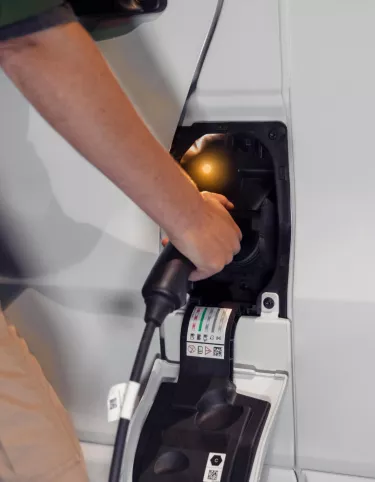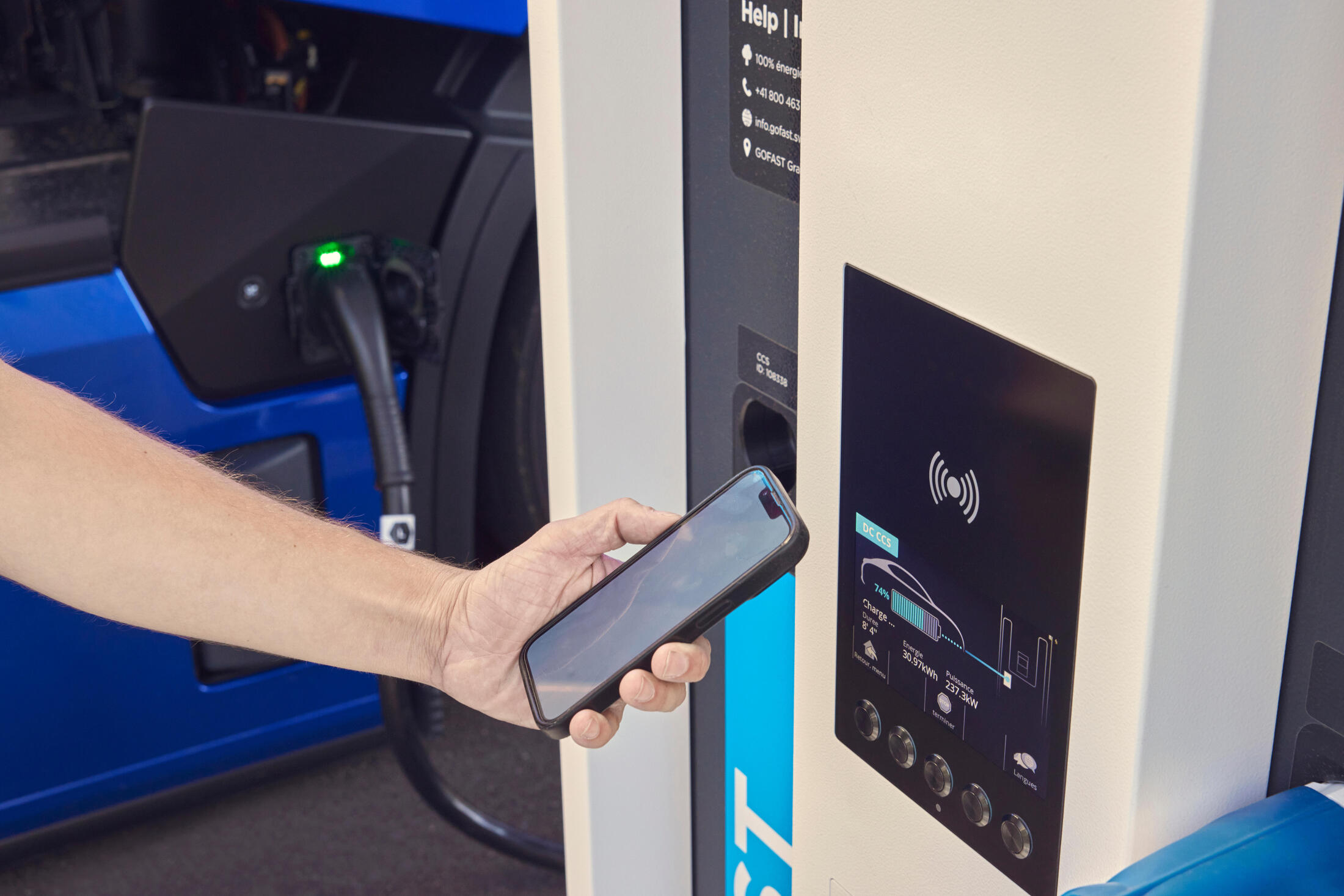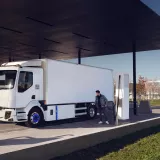Welcome to Renault Trucks UK
Transport solution
How is electricity production important for electric vehicles to be truly sustainable?
Electromobility
Oct. 25 2024

For an electric vehicle, the reduction in CO2 emissions from cradle to grave is dependent upon the origin of electricity used to produce and operate the truck. It may be produced from low-carbon-based sources such as nuclear energy and renewable energy or energy sources with a high level of CO2 emissions such as coal or fossil gas. On a European scale, «there is a great deal of diversity across the countries» emphasizes Nicolas Meunier, Senior Consultant for Mobility at Carbone 4, a consultancy agency for energy and climate issues.
It is important to keep in mind that if electricity is produced from fossil energies, meaning that this production generates a lot of CO2 emissions, then electric HGVs running on this electricity are significantly less sustainable because we take into account cradle to grave emissions.
In France, CO2 emissions over a complete vehicle life cycle of a battery electric truck (including recycling of batteries) exceeds 80%. Battery electric is also the most efficient energy type for reducing air pollution, noise pollution and the easiest to develop on a large scale (still in comparison with diesel). On the other hand, in Germany the reduction drops down to 50%. «Nevertheless,» continues Nicolas Meunier, «all European countries have a decarbonisation policy for their electric mix and we can expect that by 2040, the average emissions for electricity production will be halved in relation to what they are today».
Will the electric power grid be able to keep up with the rise in demand caused by increasing production of electric trucks?

We sometimes hear doubts from transporters that there will not be enough electricity long-term to electrify road freight. To answer this question, we need to look at electricity production for the whole economy: power generation, buildings, offices, industry, and mobility, as electric truck will only account for around 4% of the total electricity needed in 2050.
In a recent report, IEA calculated what it would mean for electricity production if the whole world would really reach carbon neutrality in 2050. World electricity production would increase by 160% between 2020 and 2050, as a consequence of electrification of industrial processes, buildings with heat pumps, increased number of data centers, mobility and hydrogen production, and despite efficiency improvements, and increased conservation and reduction.
For advanced economies like in Europe, the electricity production increase between 2020 and 2050 would actually be around 100% on average. For France and Germany, with today’s production above 500 TWh/year, the increase would be around 40%, meanwhile it would be 90% in Italy and 150% in UK.
All European countries have defined their own energy strategies to increase their electricity production while reaching carbon neutrality by 2050. They are mainly based on wind and solar energies, with sometimes the support of nuclear energy or imported bio or e-fuels to manage their intermittency. Stability of those plans over time is key for their implementation success. There is no major technical or economical hurdle to carry them out, but there are some local oppositions to new wind farms and solar plants.
The electrification of trucks is only a small part of the effort to decarbonize our societies, which largely relies on electricity by using electric cars, electrically-generated fuel for aircrafts, heat pumps for buildings, and the electrification of industrial processes.
Focus on the « smart grid » concept
he contribution of electric trucks to Europe's electricity consumption in 2050 will remain modest, estimated at around 4%. In the longer term, electric mobility is even an asset for the power grid, since any electricity not used by electric vehicles is fed directly back into the “smart grid” at the end of the day, partially compensating for the intermittent nature of wind and solar energies.
More information about electromobility
Given the current context of energy tension, should we reconsider the relevance of switching to electric mobility?

The current energy situation does not call into question our choices for the future. We remain committed in our efforts to introduce our 100% electric offers, which represent the way forward for low-carbon transport. The relevance of transitioning to electric mobility must be assessed over several years, and as long as increases in recharging prices remain controlled, they will not overturn the economic logic of switching to electric.







